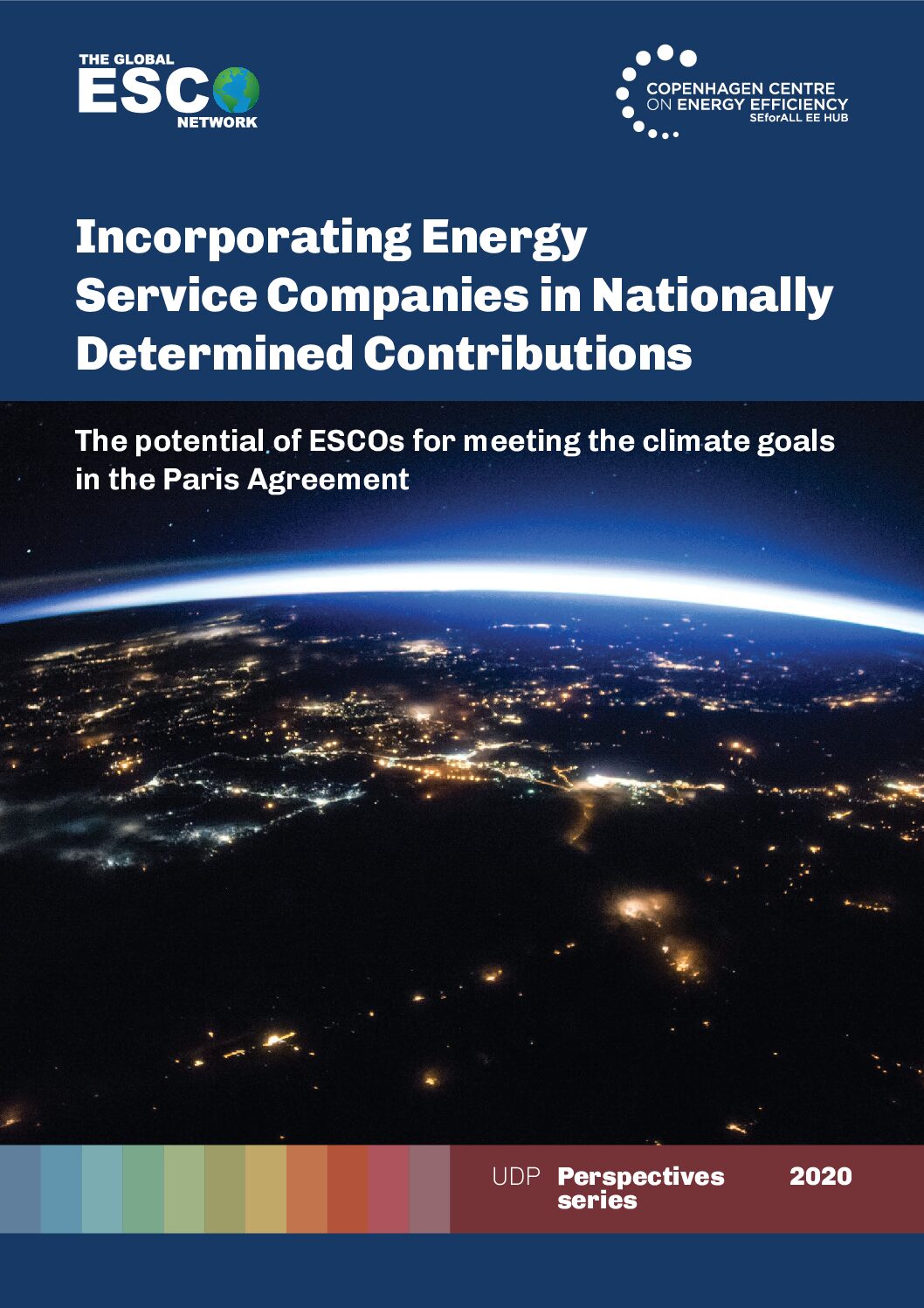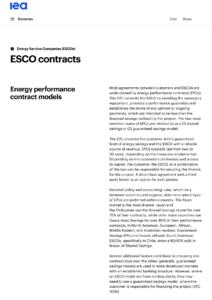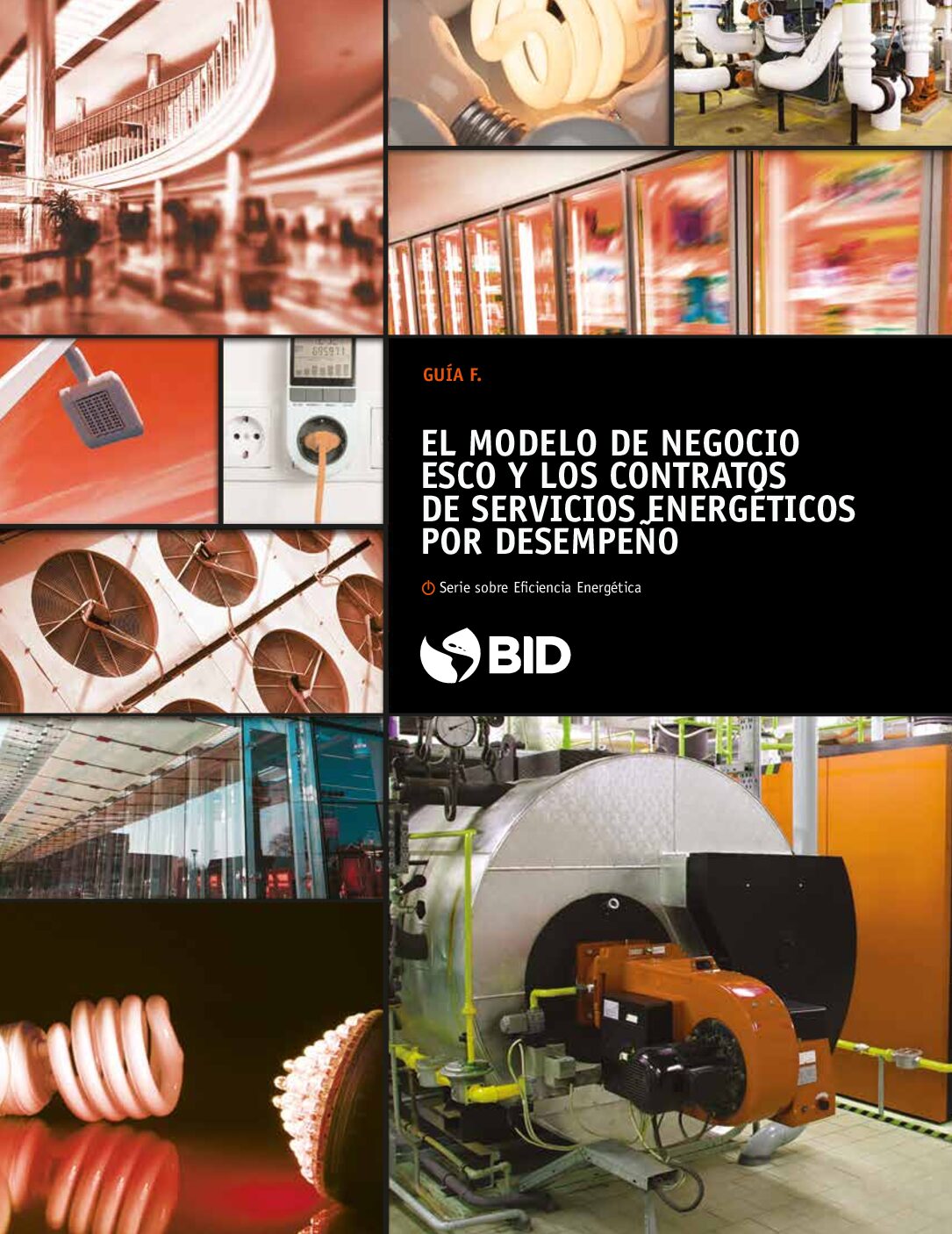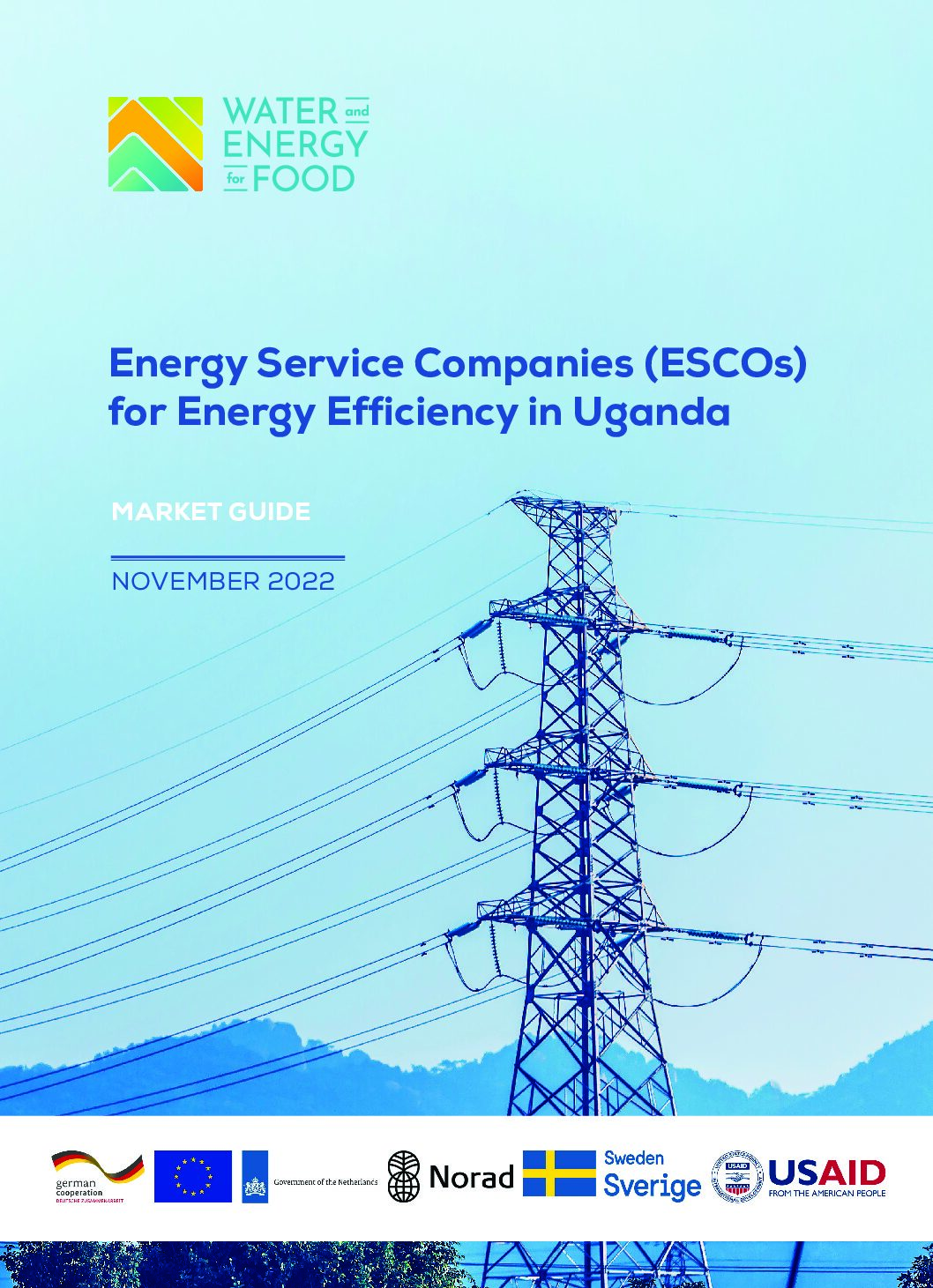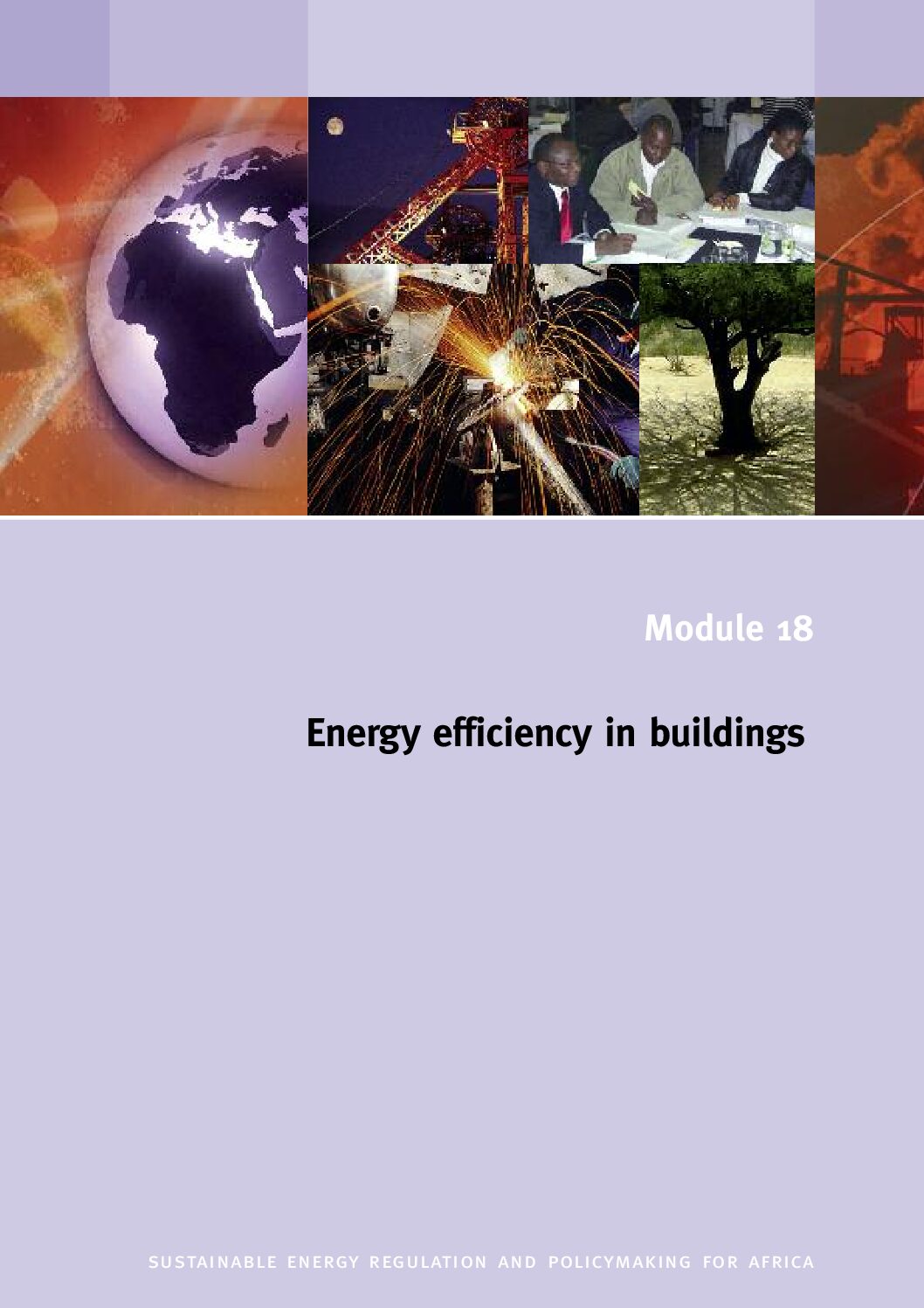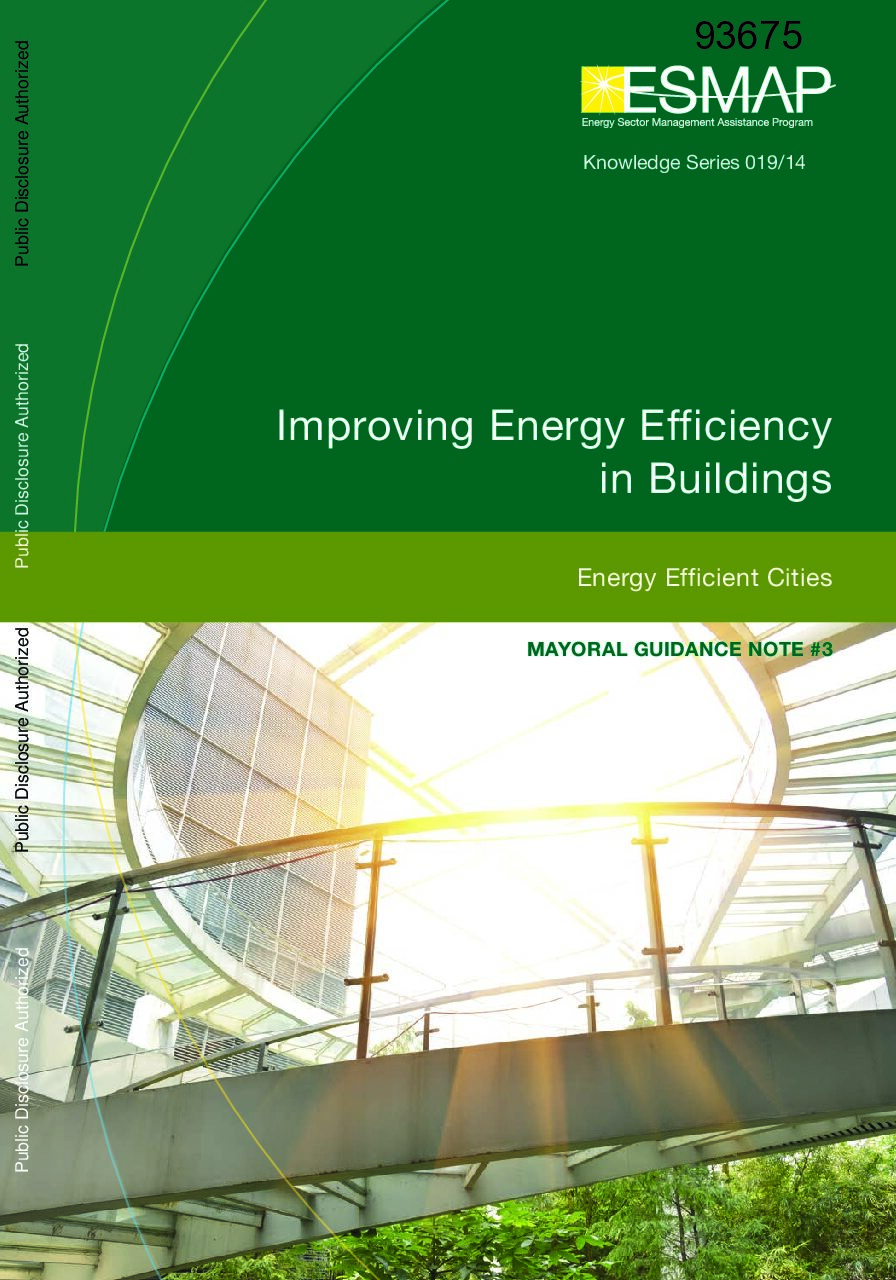This report describes regulatory barriers reported by 25 ESCO associations, and offers advice to policymakers to address these barriers.
This report provides perspectives on the potential role of ESCOs in developing and implementing ambitious NDCs.
This web page describes different contract models that can be employed when working with ESCOs.
This report explains the ESCO business model and helps readers integrate ESCOs into their business planning. It also provide good practices and case studies.
The goal of this market guide is to serve as a reference document for early exploration of the market for energy service companies in Uganda (ESCOs) with a focus on energy and cost savings for agri-food processing companies.
This paper explains how minimum energy performance standards for buildings can be implemented effectively while remaining socially just, using a differentiated approach that carefully follows a series of design principles.
This module aims to help policymakers and regulators understand the potential benefits of and opportunities for improving the efficiency of buildings and give them a background on the key issues to be addressed when developing suitable policies and a framework for implementation.
This guidance note outlines how cities can tap into a wide array of proven technologies, policies, and financing mechanisms to improve energy efficiency and capture cost-effective energy savings in buildings.
This guide suggests tools cities can deploy to encourage the implementation of building energy efficiency and renewable energy measures by the private sector and citizens.
This policy brief assesses a selection of green building practices, programmes, and regulatory frameworks from Latin American countries including Brazil, Chile, Colombia, Cuba, Mexico and Peru.

